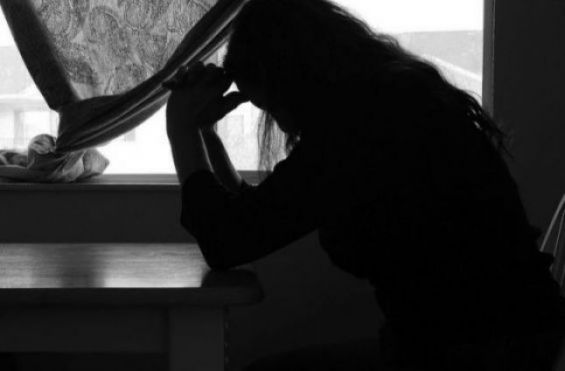Moroccans, like billions of people out there, are dealing with the novel coronavirus pandemic. As we are forced to stay home, limit social interactions and protect ourselves from contagion, feelings of anxiety, stress, fear and sometimes boredom can make confinement a difficult experience.
The big change in some people’s lifestyle due to the current health crisis can lead to situations, where fear and anxiety take a toll on mental health. When does fear become an enemy and how to maintain mental health while in confinement?
Why are we stressed?
To answer this, it is important to understand why some of us experience some negative feelings. To Moroccan psychiatrist and psychoanalyst Mohamed Hassoun, fear, anxiety and panic are feelings that everyone can experience, especially as the whole world is exposed to this global pandemic.
However, he believes that reactions differ from one person to another and the extent of these negative feelings vary depending on their personalities and acquaintances. «There are those who could struggle with anxiety, panic and excessive worrying and others who already suffer from stress and anxiety-related disorders and who would see their situation worsen» during these difficult times, Hassoun explained.
«These reactions can be normal at first but when they become excessive, reoccurring and hard to deal with the situation can be alarming», he warned. Hassoun, who heads the Beni Makada psychiatric hospital in Tangier, indicated that people, dealing with fear and stress while confined, could experience «lack of appetite and insomnia and sometimes see themselves become aggressive».
Those who are confined alone might «become depressive due to the lack of activity and excessive fear and anxiety», he added.
Fake news are to be blamed
Feelings of fear, boredom and anger can also be blamed on how we perceive this pandemic. According to clinical psychiatrist and psychologist Ahmed Al Hamdaoui, the way we react to the confinement is related to how «informed we are about the virus and to what extent we recognize and acknowledge the danger surrounding it».
«I believe that if Moroccans are really convinced that they are doing themselves a good thing by staying home, they wouldn’t suffer from the psychological drawbacks that could come with confinement, such as stress», he explained.
To Al Hamdaoui, it is primordial to understand the threats of Covid-19. This can «decide on the feelings people can experience during confinement» and «help them cope with the negative ones».
These feelings can lead to several behavioral disorders, such as «overeating, panicking, aggressiveness, temper, sleep disorders and the feeling of being locked down», Al Hamdaoui pointed out.
To him, most of these feelings come with being badly informed. Neglecting facts and falling for fake news are one of the major factors that make this confinement period a nightmare.
«Fake news are to be blamed for this because not everything that is on the internet is really credible and true», the doctor said, urging Moroccans to «get informed through official channels and platforms of the Health Ministry and rely on credible sources and media outlets».
Schedules, to-do lists and home activities
But how can we avoid these feelings while social distancing? To Al Hamdaoui, the key to feeling balanced during this period is to uphold good habits and keep ourselves busy. «I insist on having a schedule for our days», the expert stressed.
«To feel healthy during these days I advise people to sleep well, wake up early, drink a lot of water and most importantly exercise at home», he added. For parents, taking care of their children is another way of keeping themselves busy and being productive without leaving the house.
«Helping kids with school and studies, listening to them and telling them stories», is a good way to cope with all the negative feelings that we can feel during a time of crisis, said Al Hamdaoui, adding that even «telling jokes» is a good thing.
«Helping fellow citizens and the community» is also one of the things that can bring satisfaction and lift bad feelings during confinement, clinical psychologist and neuropsychologist Abdelhak Azdad stressed.
«Having a to-do list can help us move away from negativity, worrying and bring us positive vibes», Azdad added, stressing that «mood, mental health and sleep disorders can affect our hormones and impact our immune system» at a time where we really need it to be strong.
Furthermore, the expert encourages families to do group activities and do things together around the house, such as cleaning, tidying up and cooking. Meanwhile, he advised those who have severe symptoms of anxiety and who cannot cope with their worries and fears to seek help from professionals.





 chargement...
chargement...













